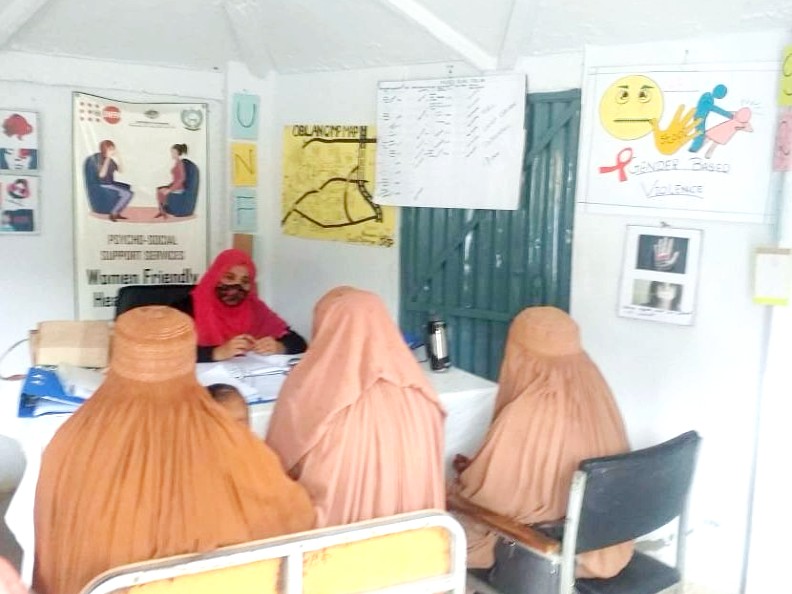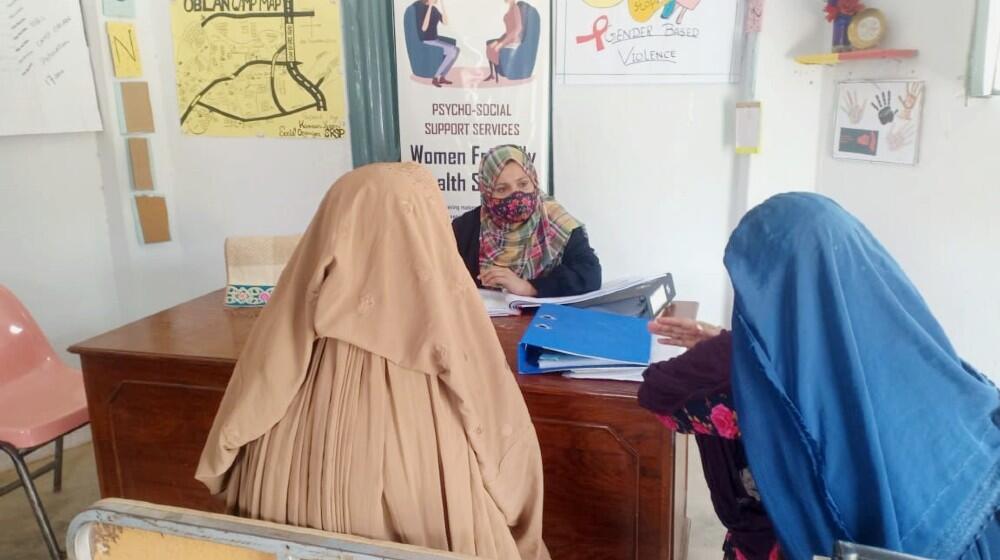One Monday morning, Mamona, a female social organizer (FSO), held an awareness session in Kohat District, Khyber Pakhtunkhwa, Pakistan. She covered crucial topics such as gender-based violence, mental health, health hygiene, and child marriages. One of the attendees made a startling revelation during the session. She disclosed that a family from Afghanistan intended to take a bride with them after a wedding ceremony that was scheduled to take place in the area.
Participants expressed their shock as they were unaware of any eligible girls of marriageable age in the area. However, one child shared more alarming news: her friend, eight-year-old Hawa, was scheduled to get married that week.
“I stopped the session to investigate the disturbing report she received. I obtained more detailed information about a planned wedding involving an eight-year-old girl who was being married off to her 17-year-old cousin, Abdullah, explained Mamona. She went on to express her concerns to a psychologist, Bibi Zahida, and together they decided to act. They visited Hawa's family and found some guests who had already arrived from Afghanistan to attend the wedding.
“After initially denying that the guests were there for a planned marriage and claiming they were merely casual visitors, the family finally admitted the truth,” said Mamona.

A meeting was set up with Hawa's mother to address the issue. During the meeting, the psychologist explained to Hawa's mother the risks and inappropriateness of such a marriage. However, the mother insisted that it was a common practice in their family and that the decision had already been made by male family members.
Bibi and Mamona then sought the help of Social Organizer Kamran and the Molana of the village’s mosque to help convene a meeting with the male members of the family, including Hawa's father. Again, they explained the hazards of child marriage, which include preventing girls from achieving their full economic and social potential, subjecting girls to sexual violence, risky pregnancies, fistula, and HIV.
Simultaneously, Mamona and Bibi engaged the lady health worker in the area to meet with the female members of the family to delve deeper into the issue. During the meeting, Mamona also explained the potential complications and serious health issues that Hawa could face due to early marriage. “We also emphasized to them the significance of education, freedom, decision-making, and future planning for the girl.
Despite initial challenges, the wedding ceremony was postponed until Hawa reaches an appropriate age, and the guests returned to Afghanistan with the hope of a better future for both children. “Through our persistent efforts, the girl’s parents came to realize that preventing early marriage could be the most significant step in protecting their daughter's life,” said Mamona.
The case of Hawa underscores the importance of a collaborative, multidisciplinary approach that incorporates cultural understanding, education, empathy, and persistence in addressing deeply rooted societal issues such as child marriage. This highlights not only the effectiveness of the intervention but also the legitimacy and long-term effects of the GBV project that the Sarhad Rural Support Programme is carrying out with assistance from UNFPA Pakistan.
**Some names have been changed for privacy and protection


